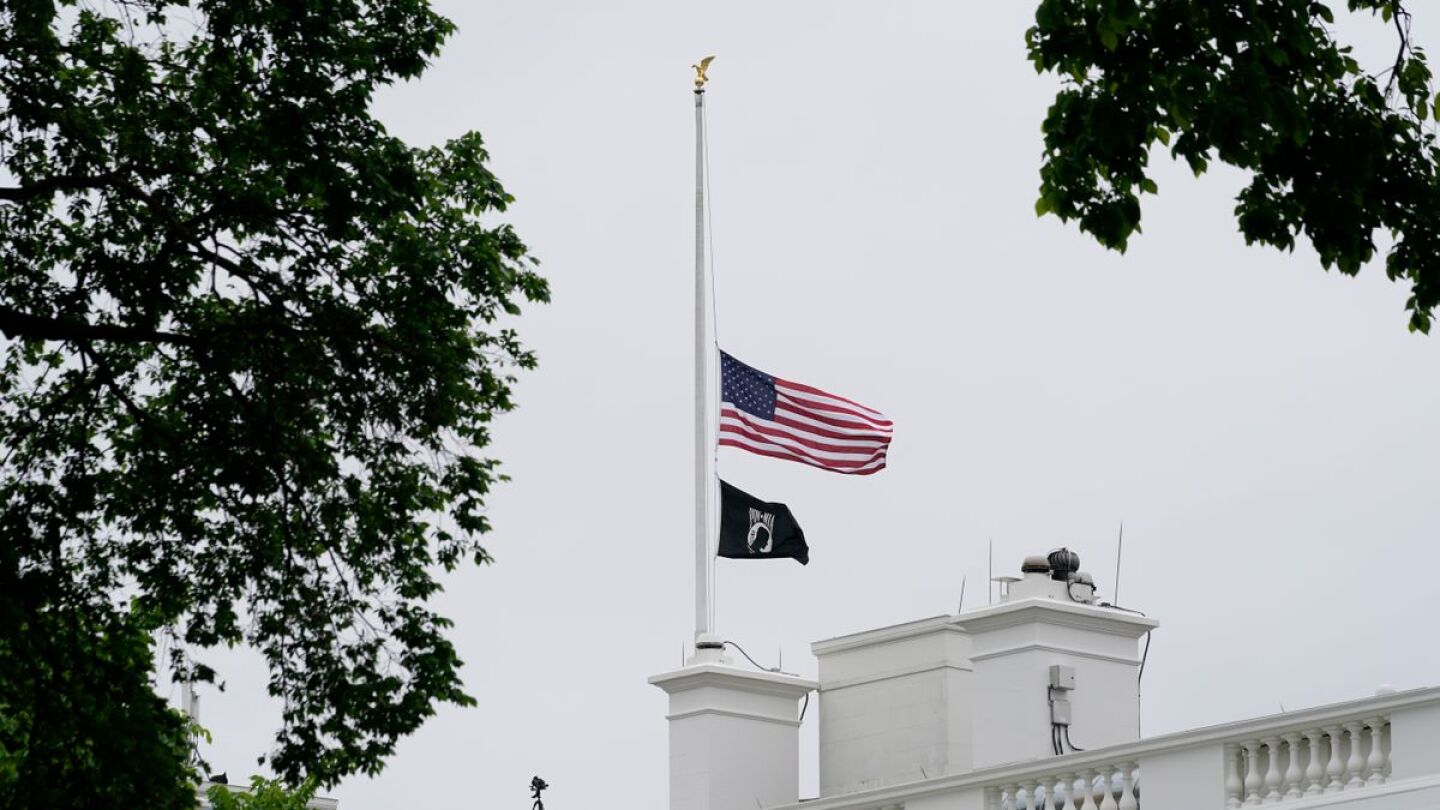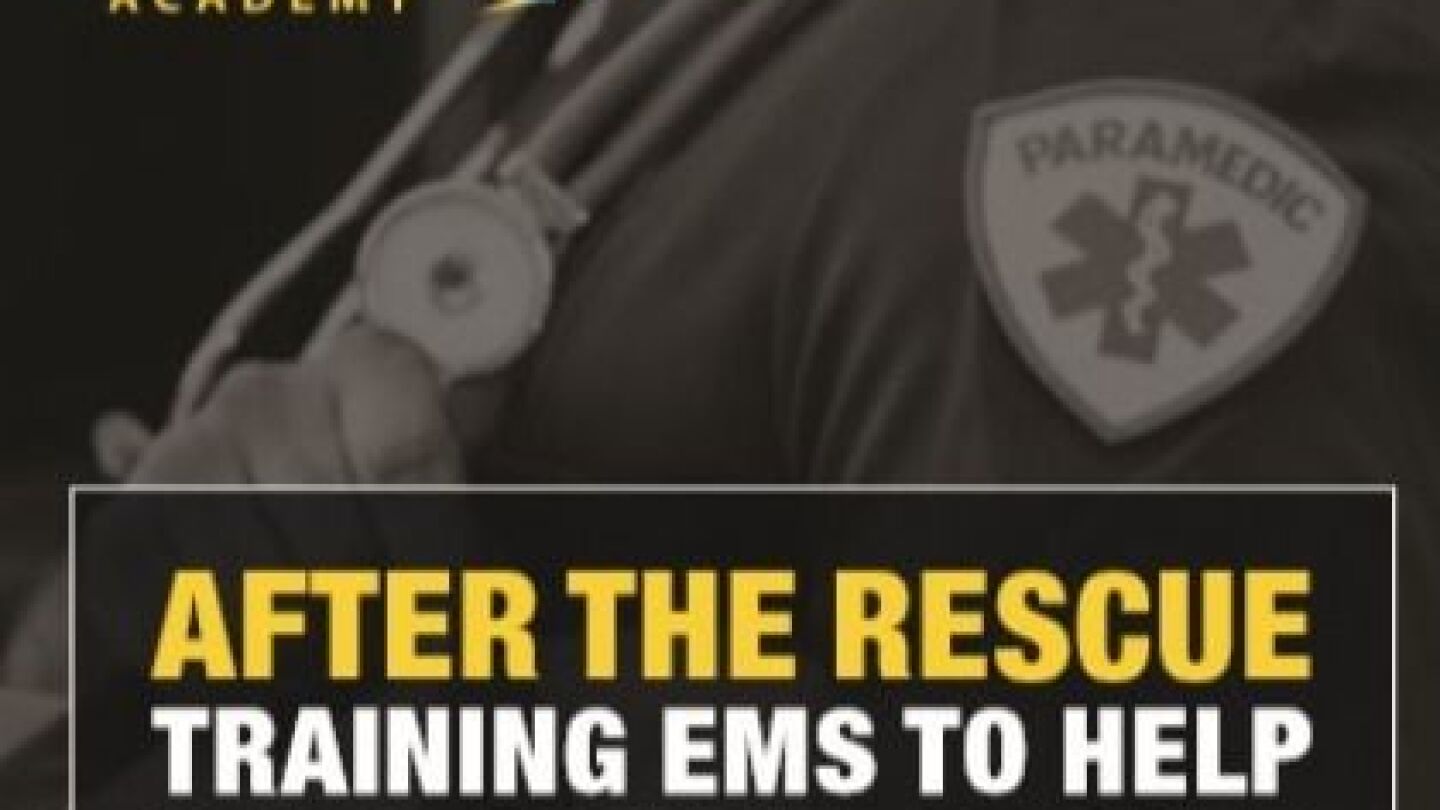Substance Abuse
How to apply for grant funding for naloxone and opioid-reversal interventions and more
Reflecting on the pain of 10 killed in a hate-driven shooting, 100,000 dead of drug overdoses and 1 million lost to COVID-19
The House passed 38 bills that address addiction, recovery and pain management alternatives, with 21 more bills on the calendar
Last year, Denver’s Central Library trained 350 staff members, more than half its personnel, to administer naloxone
A new electronic system has reduced the amount of opioids the department ordered by nearly 46 percent in the past two years
“My goal is to make sure another family doesn’t have to experience the same tragedy we did,” Paul Besaw’s wife Dawn said
A section chief from St. Louis considers the scope and impact of opioid response on EMS providers and the role they play in combating the crisis
Innovative community paramedicine programs may offer a strategy to evolve EMS response from resuscitation to a recovery-oriented system of care
Is widespread naloxone administration by non-medically trained responders preventing overdose patients from reaching definitive care?
EMS can apply the four-lens foundation for the science of improvement to reducing opioid overdose deaths within their communities
Training, PPE and scene assessment will minimize the risks of opioid exposure to fire and EMS responders
The Centers for Disease Control and Prevention found that around more than 8,400 opioid-related deaths occurred among adults between the ages of 25 and 34
The voluntary recall was prompted by the potential for “loose particulate matter on the syringe plunger,” which could result in a range of adverse effects
Officer Brian Wynn helps drug addicts get help disconnecting from heroin and other opioids
A new grant will help emergency medical personnel in Frederick County leave behind a lifesaving overdose reversal medication with overdose patients
The family of William Comstock claims his prescription opioids left him “to battle the horrors of a tormented mind for the remainder of his days.”
EMS providers are on the front lines of this epidemic and require up-to-date knowledge on safety risks, patient assessment strategies and opioid overdose treatments
The patrol says the stash was a record fentanyl seizure in Nebraska and estimates the drugs may have been worth up to $20 million on the street
With three psychologists offering varying views of the mental stability of Genaro De La Cruz Ajqui, a judge ordered him to be taken to a forensic hospital
Celebrating those who spend their days and nights helping others when they need help the most during EMS Week 2018
Allegheny County officials are considering a 12-percent increase in overdose deaths last year a win over previous years that saw far higher increases
Indiana State Department of Health believes the more available naloxone is, the more those struggling with opioid abuse can find the help they need
Regional Director Chris Stawasz said ketamine is less addictive than other options and will allow EMS providers to “expand their options for safe and effective pain control”
Of the nine overdoses paramedics responded to since the tracking began, health officials have reached three people—and gotten one into a sober living program
Tri-State Ambulance is treating minor pains with essential oils to cut down on opioid use
The University of Kentucky has received almost $5 million to expand and improve a program to help pregnant women with opioid addiction
In an effort to do their part to curb the opioid crisis, Walmart and Sam’s Club pharmacies will not provide more than a seven- day supply to some customers
Researchers said droperidol is a safer, easier to administer alternative to midazolam for calming violent, intoxicated patients
In its annual healthcare scorecard, the Commonwealth Fund found the state did not see the tremendous rise in drug overdose
Beaver Falls Fire Chief Mark Stowe said the proactive stance of county leaders has made an impact on overdose calls and, ultimately, overdose deaths
Without a standard, objective-based assessment of patient sobriety levels, situations may arise that test the limits of EMS personnel
The state is now considering a bill to give paramedics the same authority that police have to direct patients to the facility best suited to treat them


























